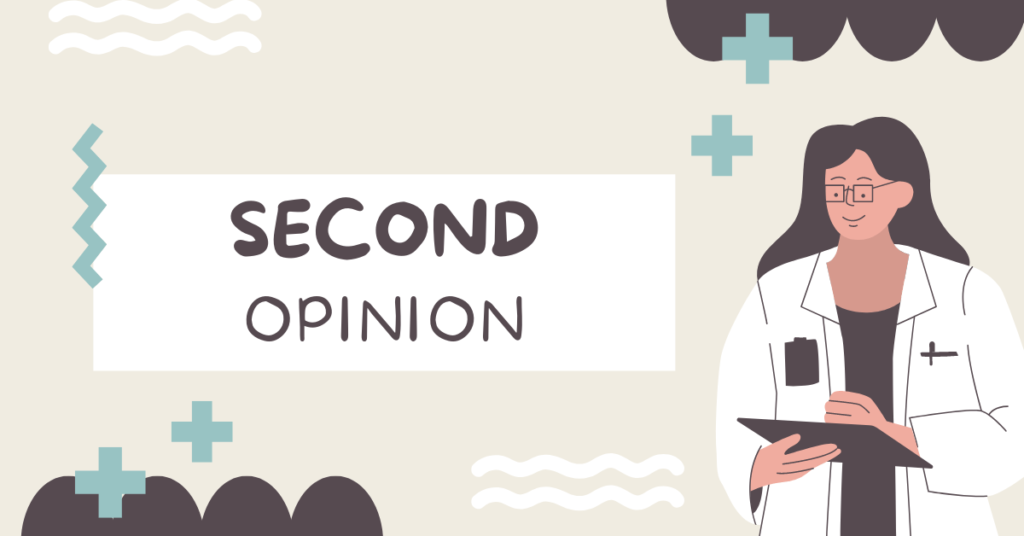When should you get Second Opinion?
When it comes to your health, making informed decisions is crucial. While you trust your primary healthcare provider, there may be instances where seeking a medical second opinion becomes necessary. In this article, we will explore the situations in which getting a medical second opinion is recommended.
1. Complex or Serious Diagnosis
If you have received a complex or serious diagnosis, it is always a good idea to seek a medical second opinion. This is especially true if the diagnosis requires invasive procedures, long-term treatments, or has life-altering implications. A second opinion can provide you with additional insights, alternative treatment options, and peace of mind.
2. Uncertain Diagnosis
If you have doubts about your initial diagnosis or feel uncertain about the recommended treatment plan, seeking a second opinion can help alleviate your concerns. Different doctors may have varying perspectives and experiences, which can lead to a more accurate diagnosis or a different approach to your treatment.
3. Treatment Options
When faced with multiple treatment options, it can be overwhelming to decide which one is best for you. Seeking a medical second opinion can provide you with a different perspective on the available treatments, their potential benefits, and possible risks. This can empower you to make a well-informed decision about your healthcare.
4. Surgery
If your primary healthcare provider recommends surgery, especially if it is a major procedure, it is wise to seek a medical second opinion. Surgery carries risks, and it is essential to have confidence in the necessity of the procedure and the expertise of the surgeon. A second opinion can help you evaluate the proposed surgical approach and ensure that it is the best course of action for your condition.
5. Chronic or Rare Conditions
For chronic or rare conditions, seeking a medical second opinion can offer you a broader understanding of your condition and potential treatment options. Specialists who have extensive experience in treating specific conditions may provide valuable insights and alternative approaches that your primary healthcare provider may not have considered.
6. Lack of Improvement
If you have been following a treatment plan for a considerable period and are not experiencing any improvement, it may be time to seek a medical second opinion. A fresh perspective from another healthcare professional can help identify any missed diagnoses, underlying issues, or alternative treatments that may be more effective for your specific situation.
7. Peace of Mind
Even if you are satisfied with your primary healthcare provider’s diagnosis and treatment plan, seeking a medical second opinion can provide you with peace of mind. It can validate your current course of action or offer additional reassurance that you are on the right path towards recovery.
Remember, seeking a medical second opinion does not mean you do not trust your primary healthcare provider. It is simply a way to ensure that you have explored all available options and made the best decision for your health. Discussing your intention to seek a second opinion with your primary healthcare provider is also important, as they can provide you with any necessary medical records or recommendations for other trusted professionals.
In conclusion, there are several situations in which seeking a medical second opinion is recommended. Whether it is for a complex diagnosis, uncertain diagnosis, treatment options, surgery, chronic or rare conditions, lack of improvement, or simply for peace of mind, a second opinion can provide you with valuable insights and enhance your overall healthcare experience.

